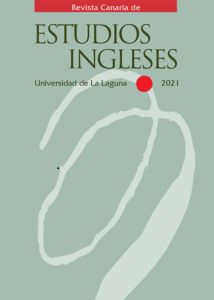The Lacnunga and its sources: The Nine Herbs Charm and Wið Færstice reconsidered.
Abstract
Gods play a very minor role in Old English literature. No mythological tales have survived, and even short accounts of or mere allusions to pagan (major and minor) divinities are extremely rare. All that is left from the Anglo-Saxon period are two references to Woden in Maxims I and the Nine Herbs Charm, one mysterious occurrence of Ing in The Rune Poem, and an equally obscure description of shooting esa (Æsir), elves and hægtessan in the charm Wið Færstice. Given the sparsity of such references, we are well advised not to interpret them too quickly as cryptic manifestations of heathen myths. On the contrary, an examination of the two short ‘myths’ in the Nine Herbs Charm and Wið Færstice shows that both myths were created in their present form in the Christian era for the express purpose of transforming their supernatural protagonists into demonic, disease-inflicting beings that needed to be fought and destroyed.



